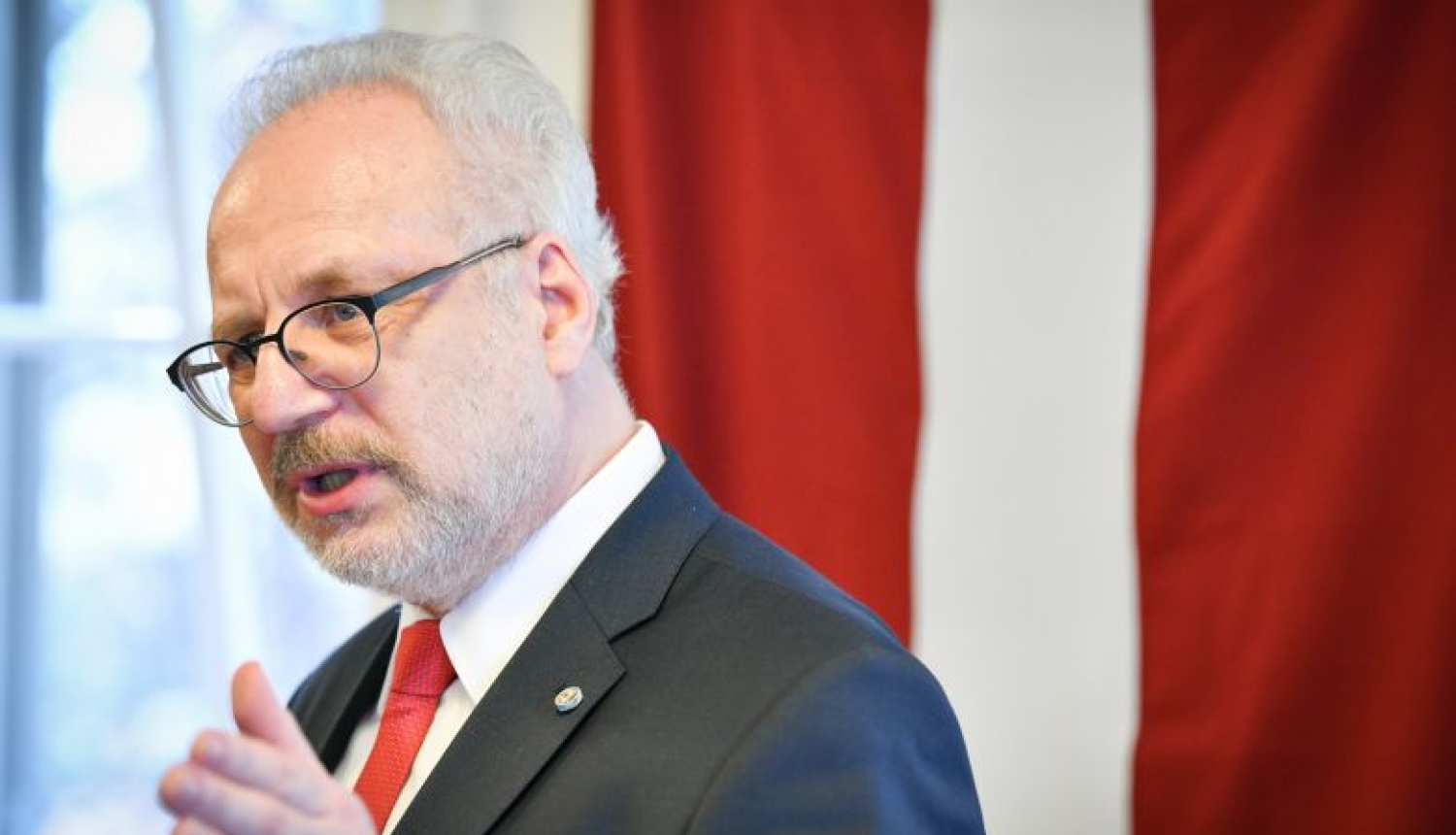On 17 March, at 14:00, President of Latvia Egils Levits will host a virtual conference to honour the national resistance movement together with historians and national resistance memory keepers. You can follow the conference on www.president.lv or Facebook, Twitter and YouTube accounts/channels of President Levits.
Agenda of the e-conference includes an opening speech by the President of Latvia and discussion between the historians, with Dr. hist. Uldis Neiburgs, researcher at University of Latvia National History Institute (ULNHI), Mag. hist. Zigmārs Turčinskis, researcher at ULNHI, and Gints Zelmenis, senior expert of the National Archives and author of ‘National resistance movement in Latvia: 1959-1986’, as the invited speakers. Viewers will also be offered special video interviews from locations of historic events like Cēsis, Īle Bunker, Renda National Resistance Movement Museum, National Resistance Movement Memorial in Stompaki Marsh. Conference will be moderated by Dr. sc. com. Mārtiņš Kaprāns, researcher at University of Latvia Institute of Philosophy and Sociology.
The date of the conference is symbolic because in 1944, on 17 March, Latvian Central Council led by Konstantīns Čakste finished collecting signatures for a memorandum where people of Latvia demanded full restoration of national independence de facto and insisted on legal continuity of Latvian State and Satversme (the Constitution) despite the German occupation. President of Latvia Egils Levits has also urged the Saeima to designate 17 March as the national resistance movement remembrance day of Latvia.
Egils Levits believes that, as Latvia enters the second century of its statehood, it is necessary to bring the knowledge about loyal Latvians who opposed occupation forces back into social memory and honour our heroes who continued to maintain people’s demands for independent Latvia and freedom throughout the occupation until its end.
According to President, national resistance movement remembrance day will be a strong reminder of the continuity of Latvian State throughout both periods of totalitarian occupation and need to safeguard today’s freedom and democracy of Latvia.




